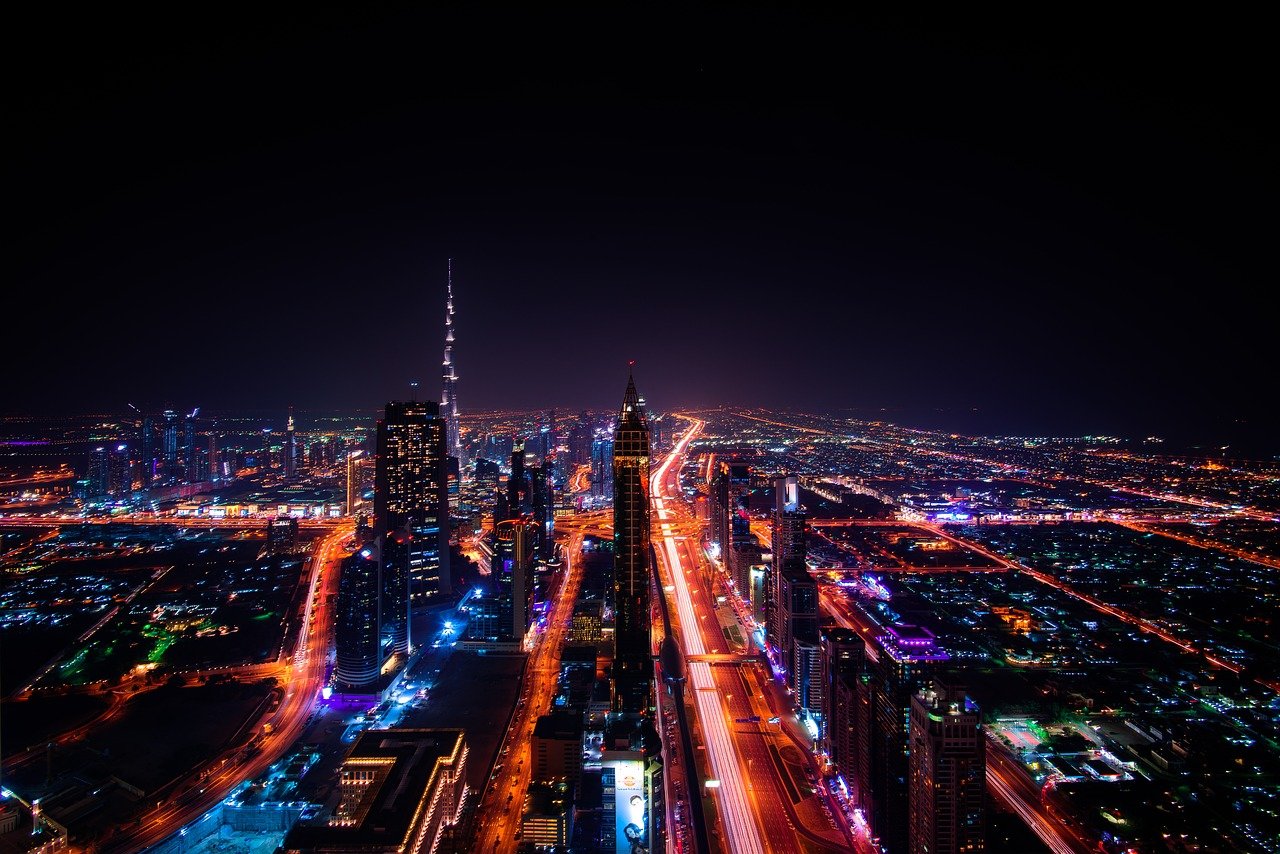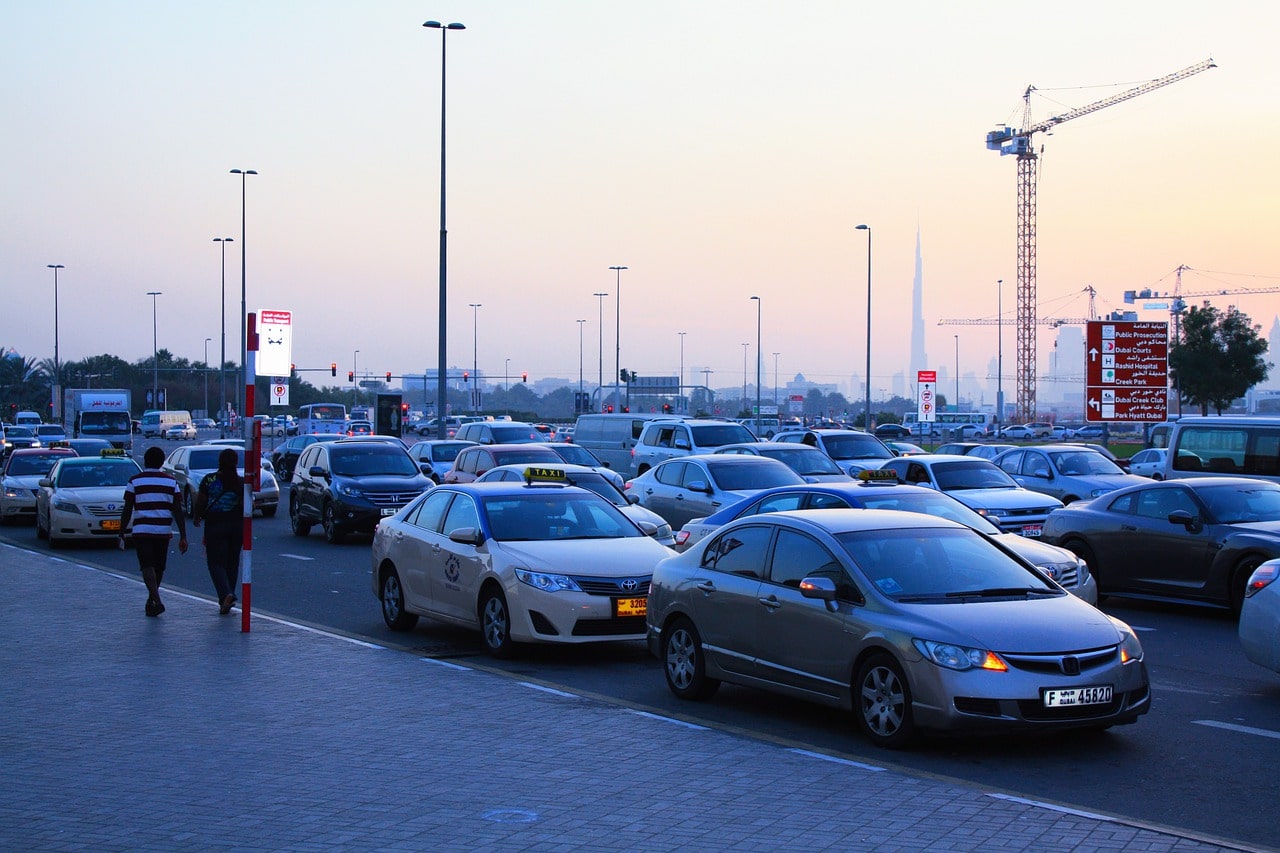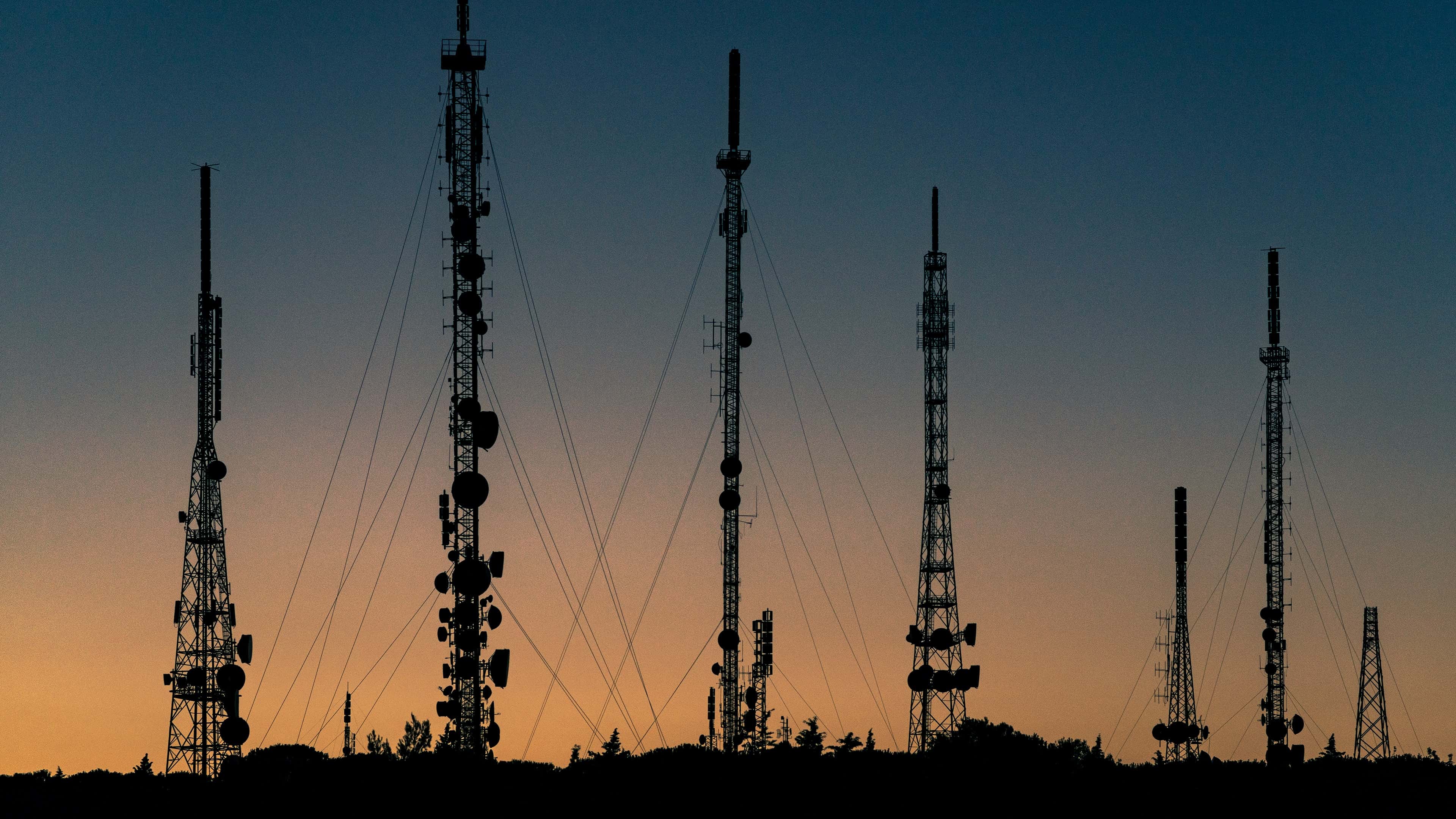The United Arab Emirates has started to operate its highly anticipated nuclear power plant. The UAE Nuclear Energy Programme marked a significant milestone as the Barakah Nuclear Power Plant Unit 1 secured its operating license from the Federal Authority for Nuclear Regulation (FANR).
The development of its peaceful nuclear energy program is expected to enhance energy security and diversify the nation’s economy, in line with the UAE Energy Strategy 2050. The UAE took the title as the first Arab country to operate a nuclear power plant.
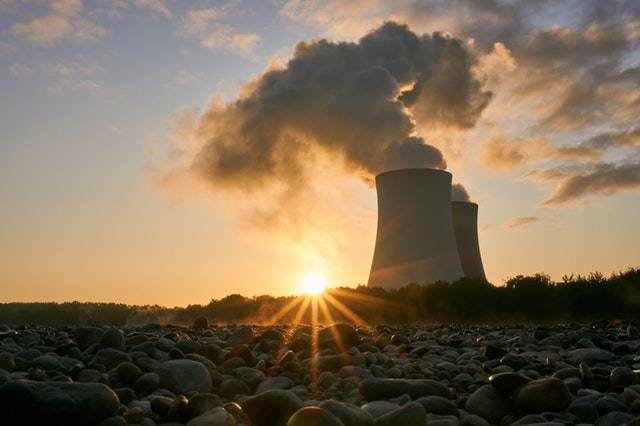
Unit 1 will generate clean electricity that covers 6% of the UAE's energy demand or produce 1,400MW. All the four units together can cater to 25% of the electricity needs in the country, a total of 5,600MW. The plant is also projected to prevent the release of 21 million tons of carbon emissions, equivalent to removing 3.2 million cars off the roads each year.
The UAE's independent nuclear regulator (FANR), granted the license to the Nawah Energy Company (Nawah), the Emirates Nuclear Energy Corporation's (ENEC) subsidiary that is responsible for the operation of the plant in Al Dhafra region.
As the nation’s economy grows and new industries are growing, the UAE requires additional resources of electricity to power the economy. Nuclear energy is seen to be a safe and clean alternative to deliver significant volumes of base-load electricity with nearly zero emissions. Furthermore, investment in nuclear energy will also drive the growth of a major, high-tech industry and provide high-value jobs in the UAE for decades to come.
The Cost of Clean Energy
The Ministry of Energy will later decide the tariff for clean electricity, as stated by the deputy chairman of the FANR and the UAE's permanent representative to the International Atomic Energy Agency.
The government is also planning to manage nuclear waste through several strategies, including dry storage, underground space, and fund to decommission the Barakah plant according to Nuclear Law. The ENEC has put aside money to cover the cost of waste management when it is needed as a temporary measure.
Towards UAE Energy Strategy 2050
The UAE launched ‘Energy Strategy 2050 in 2017, aiming to increase the contribution of clean energy in the total energy mix from 25% to 50% by 2050. This plan was enacted by Shaikh Mohammad Bin Rashid Al Maktoum, Vice-President and Prime Minister of the UAE, and Ruler of Dubai.
The plan is also aimed to reduce the carbon footprint of power generation by 70%, saving AED 700 billion by 2050 accordingly. Furthermore, the strategy also seeks to raise the consumption efficiency of individuals and corporates in the country by 40%.
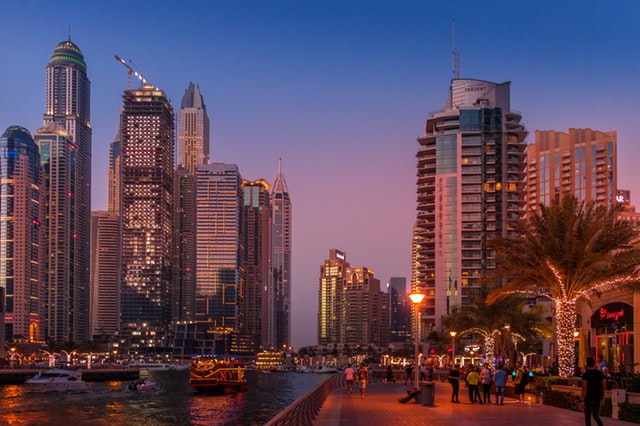
The strategy combines renewable, nuclear and clean energy sources to meet the country’s economic requirements and environmental goals as follows: 44% clean energy, 38% gas, 12% clean coal and 6% nuclear. The government is planning to invest AED 600 billion by 2050 to meet the growing demand for energy and ensure sustainable economy growth.
The government will also work to broaden cooperation and integration with the private sector to launch joint initiatives and projects, as well as encouraging investments in the field of research and development.

